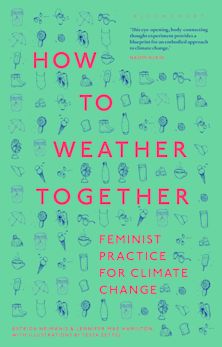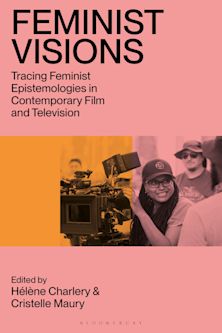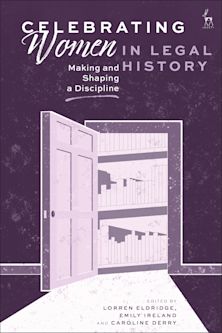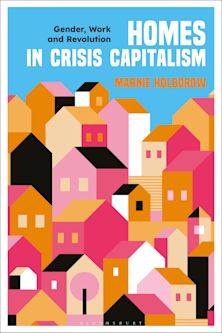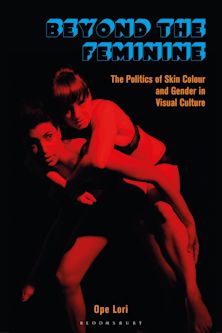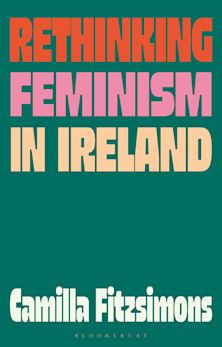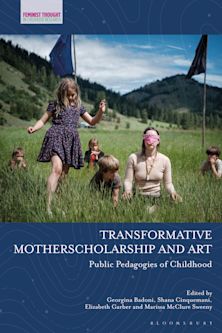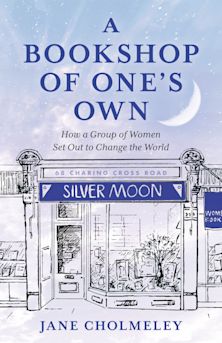A Culturally Centered and Intersectional Approach to Reproductive Justice
A Culturally Centered and Intersectional Approach to Reproductive Justice
This product is usually dispatched within 1 week
- Delivery and returns info
-
Free US delivery on orders $35 or over
Description
A Culturally-Centered and Intersectional Approach to Reproductive Justice investigates and challenges assumptions and pre-existing notions regarding reproductive justice by grounding this work in a more inclusive and culturally informed context. Throughout history, contributors argue, reproductive justice movements have centered white, cisgendered, and non-disabled women in the West. Along with women in the Global South being underrepresented in scholarship, research tends to focus only on the abuses they have suffered, rather than delving deeper into issues of structures, barriers, or agency. Each chapter is written from an autoethnographic perspective to unpack the contributors’ challenges with achieving reproductive justice for themselves and their respective communities. Ultimately, this book asserts that when different facets of reproductive justice are presented in the form of narrative self-reflexivity, readers find a space to safely evaluate their positionality within the larger reproductive justice movement while simultaneously acknowledging the complexity of the movement itself. Scholars of communication, health, and women’s and gender studies will find this book of particular interest.
Table of Contents
Tomeka M. Robinson, Sabrina Singh, and Christina Mary Joseph
Chapter 2: Promoting a “Domestic Supply of Infants”: The Dangers of Commodifying Reproduction in the United States
McKenzie Twine
Chapter 3: Whiteness as an Obstacle to Reproductive Justice
Lisa DeTora
Chapter 4: Co-scripted Autoethnographies of (Re)thinking the Current Reproductive Justice Discourse in the United States
Breonna Riddick; Satveer Kaur-Gill, and Iccha Basnayat
Chapter 5: Barely Made it Out Alive
Aisha Wilson-Carter
Chapter 6: The Experience of In Vitro Fertilization (IVF) Treatment and the Need for Health Education
Cinthia Lopes da Silva and Lília Aparecida Kanan
Chapter 7: Making it through the Maze: Navigating Barriers for Transgender Women to Become Parents
Riley D. Campbell
Chapter 8: Intersectional Rhetorics of Justice in Parenting Practices
Diana Isabel Martínez and Amy Garcia
Chapter 9: Day In, Day Out: Fighting for Abortion Access in the American South
Calla Hales
Chapter 10: Evaluatin
Product details
| Published | Jul 31 2023 |
|---|---|
| Format | Hardback |
| Edition | 1st |
| Extent | 174 |
| ISBN | 9781666936926 |
| Imprint | Lexington Books |
| Dimensions | 9 x 6 inches |
| Series | Bloomsbury Studies in Health Communication |
| Publisher | Bloomsbury Publishing |
Reviews

ONLINE RESOURCES
Bloomsbury Collections
This book is available on Bloomsbury Collections where your library has access.













